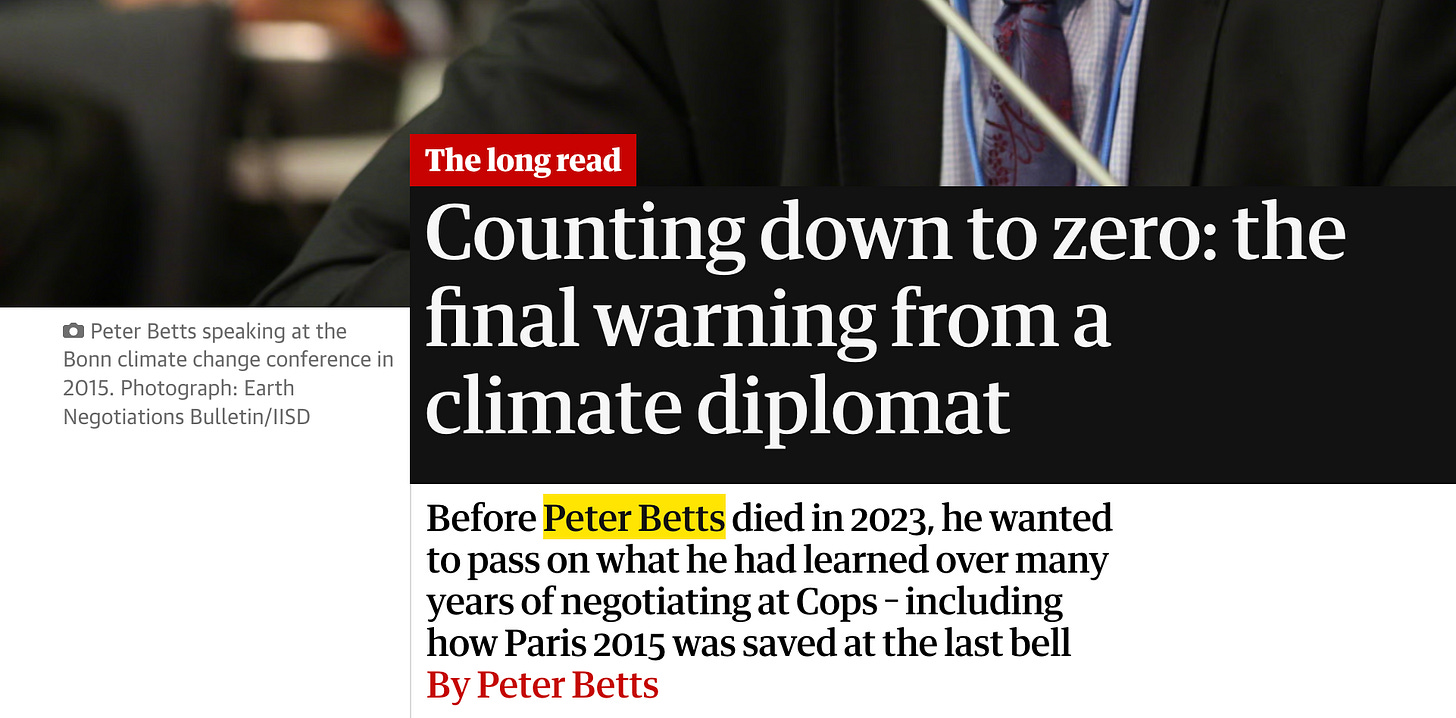The energy grid: flea market or platform?
How are we interacting? New energy assets and grid access... as we count down to zero.
We continue our series on platform thinking for the energy industry. This time we begin with original (non-AI) content. Subscribers then have access to additional material that builds and expands further, generating more threads to explore as the series progresses.
What is the quality of interactions between participants of the renewable energy transition, between stakeholders of the German grid?
Interactions matter. Some interactions lead to friction and unproductive conflict, other interactions lead to collaborative problem solving.
If we look at interactions between parties seeking to progress the German energy transition, what do we see? Is the German grid more like a flea market or like a platform, in an extended sense of the word? Is the conflict we see productive for the future or transactional for the present?
To give precision, we define a platform as an open architecture with rules of governance to facilitate value creating interactions among sides. This helps rule out flea markets (no governance for bad interactions), standards (interactions aren't managed at all), and also Netflix (licenses the content and resells rather than facilitate interactions - the gaming platform is an exception). Marshall Van Alstyne, Link
To build a successful platform we must build a framework for productive interactions. Productive interactions develop within relationships. Peter Betts wrote wonderfully about his experience as a climate diplomat.
To develop the renewable energy platform revolution, we might consider taking his advice. We might all try to become a bit more diplomatic as we navigate the unfinished governance rules of the platform we are all part of.
“…if the three of us took this back to our respective capitals, we would all be fucked.” Peter Betts
Consider ‘conflicts’ between flexible asset developers seeking grid connections and grid operators who face the challenge of managing a fragile infrastructure. Who is in the ‘right’? Who is in the ‘wrong’?
It is essential, I think, for this conflict to become as productive as possible. A productive conflict could support continuous improvement of governance rules (and their interpretation), in turn supporting increasingly productive interaction.
In advising a developer, we might draw parallels to the lessons shared by Peter Betts.
When renewable energy asset developers criticised DSOs in relation to grid connections it was usually for their over-rigorous implementation of rules, or even so-called “gold-plating” of legislative requirements. There may be some truth in this. But it was also the failure of the BESS supporters to understand how much interactions matter in the energy industry. Whether you have relationships with people and whether they like you has a material impact on how far your approach will prevail. Adapted from: Counting down to zero: the final warning from a climate diplomat
Perhaps our first priority as participants of the renewable energy platform revolution is to think about how we are developing our relationships? How will you approach the next ‘conflict’?
AI-augmented Content for Subscribers
Become a subscriber to access a new instalment of the Stratnergy podcast series. This new episode explores the use of negotiation and diplomatic techniques in the renewable energy transition giving us threads to develop in future posts.
I’ve also added an AI-augmented version of the post generated from my own writing above. Which version do you prefer? Do you find the expanded framing useful, or do you prefer the tighter, more personal style of the original?





